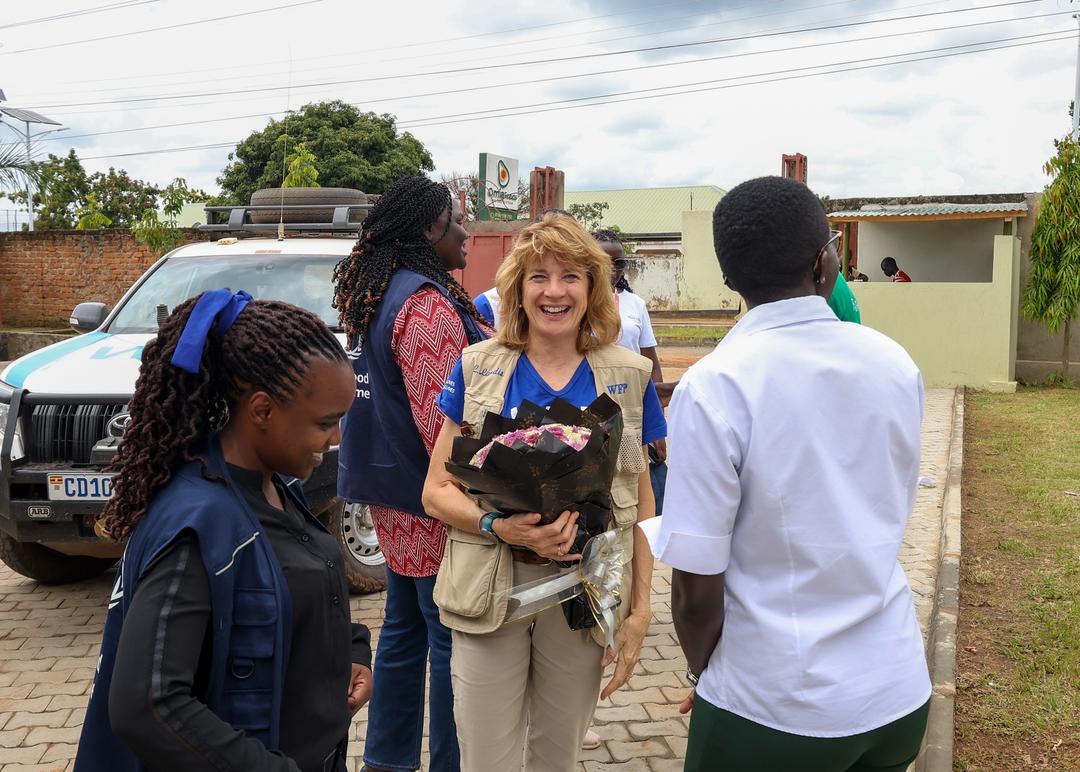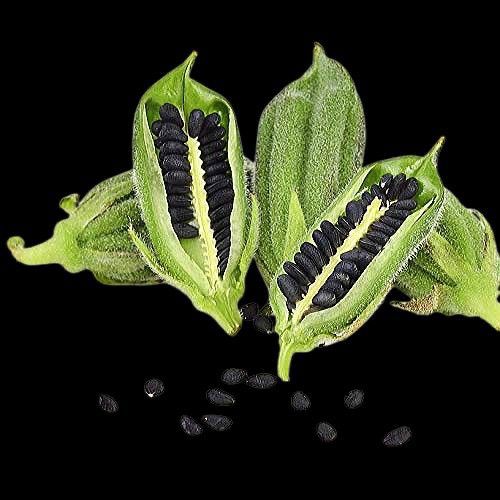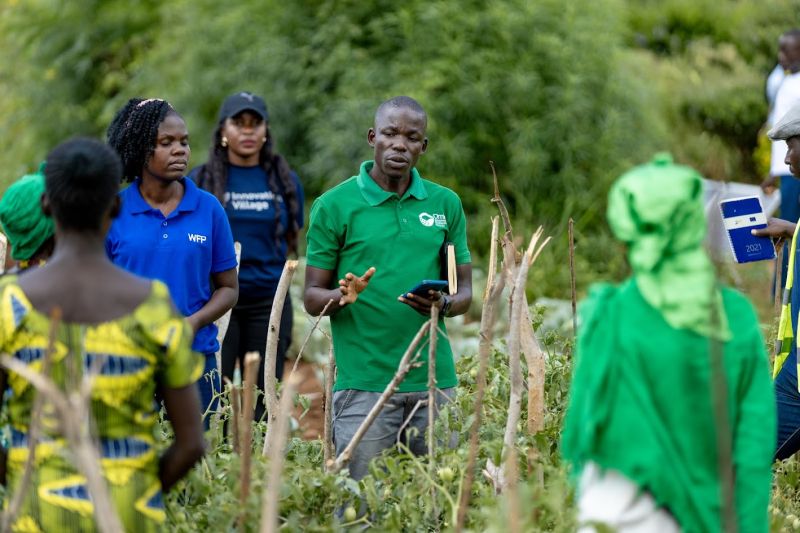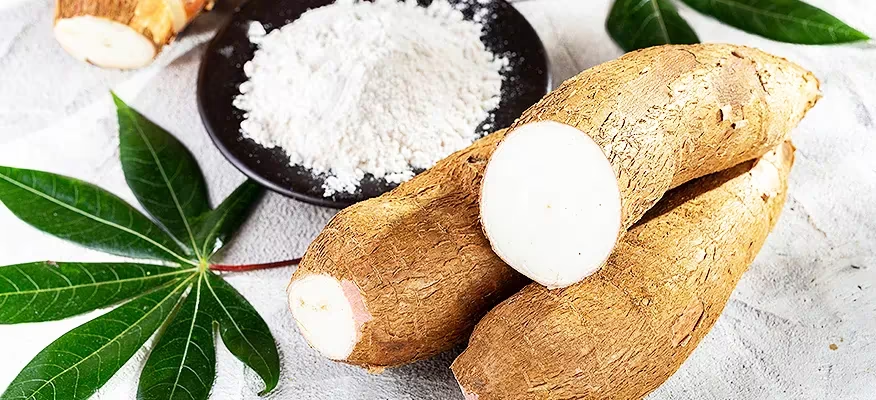An exciting start of the week at Omia Agribusiness Development Group Ltd hosting incredible Lauren Landis, Country Director of World Food Programme Uganda, her team from the National and area office and World Vision Uganda teams.
The visit was a moment to reflect on how far our partnership with World Food Programme has come right from the Ignite Food Systems Challenge in 2022 to the ongoing Solarizing Livelihood Activities with Refugees (SOLAR) Project, which is bringing solar-powered irrigation, climate resilient Agro inputs, extension services, market access and other solar technologies more closer to smallholder farmers.
We at Omia Agribusiness believe that climate-smart, sustainable solutions are the future of farming and food systems.
These technologies have proven especially impactful in regions like West Nile, where rainfall is unpredictable.
But also, through off-season vegetable production, farmers can improve food and nutrition security and earn higher incomes!
We are proud to have served over 82,000 farmers, with 8,000+ being refugees, a milestone our collaboration with World Food Programme has greatly contributed to.
As World Food Programme continues to champion self-reliance among refugees and host communities, the role of the private sector becomes even more critical. It is through partnerships like these that innovation moves from pilot to scale, turning successful models into sustainable systems that reach many more farmers.
The question now is, how do we scale what works, so that more farmers, across Uganda and beyond, can benefit from these proven solutions?
Because when the private sector is empowered to lead alongside development partners, self-reliance stops being a vision and becomes a shared reality.

During the visit, we demonstrated one of our latest innovations, the soil testing kit.
This innovation was informed by a simple but powerful realization that farmers often make input decisions without truly understanding their soil. The soil testing kit changes that.
In just five minutes, farmers can determine the nutrient levels in their soil and receive guidance on the most suitable inputs for their land. This ensures they invest wisely, avoid unnecessary losses, and maximize productivity.
Beyond increasing yields, this technology promotes soil preservation and sustainability, ensuring that the solutions we provide are not just quick fixes, but transformative, long-term interventions that build resilient farming systems.
We are grateful to WFP for making this possible. Truly, what a time to be a farmer, informed, empowered, and supported through innovation.




